没有 (méi yǒu) in Mandarin means haven't, hasn't, doesn't exist, to not have, and to not be.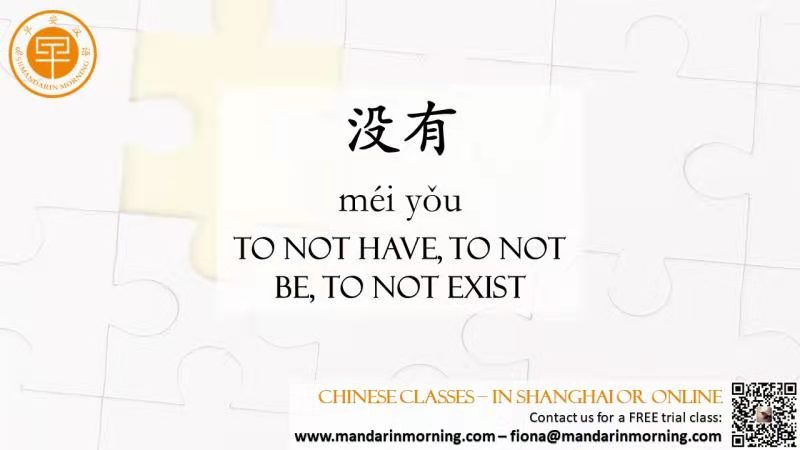 Pronunciation 没有 is pronounced méi yǒu. 没 is in the 2nd tone, whereas 有 is spoken in the 3rd tone. This can also be written as: mei2 you3. Chinese Characters The first character 没 (méi) is a negative prefix for verbs. The second character 有 (yǒu) is the verb for to have; there is; there are; to exist; to be. Put together, 没有 means "to not have," "to not be," or "to not exist." Sentence Examples 他没有说谎。 (tā méi yǒu shuō huǎng) = He didn’t tell a lie. 明天我没有空。 (míng tiān wǒ méi yǒu kōng) = I don't have any free time tomorrow. 没有意义。 (méi yǒu yìyì) = It's pointless / There is no meaning. 我跟他没有联系。 (wǒ gēn tā méi yǒu liánxì) = I have no relation with him. 这没有用。 (zhè méi yǒu yòng) = This is useless/(more literally) This has no use. # Our teachers # More than 10 years teaching experience Master Degree Certificate for teaching chinese as a foreign language 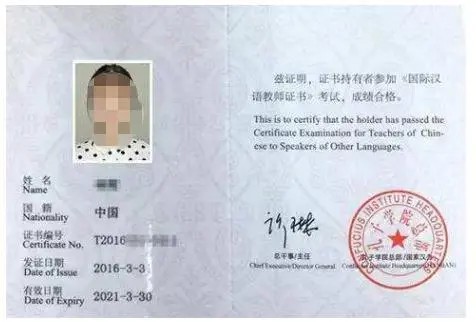 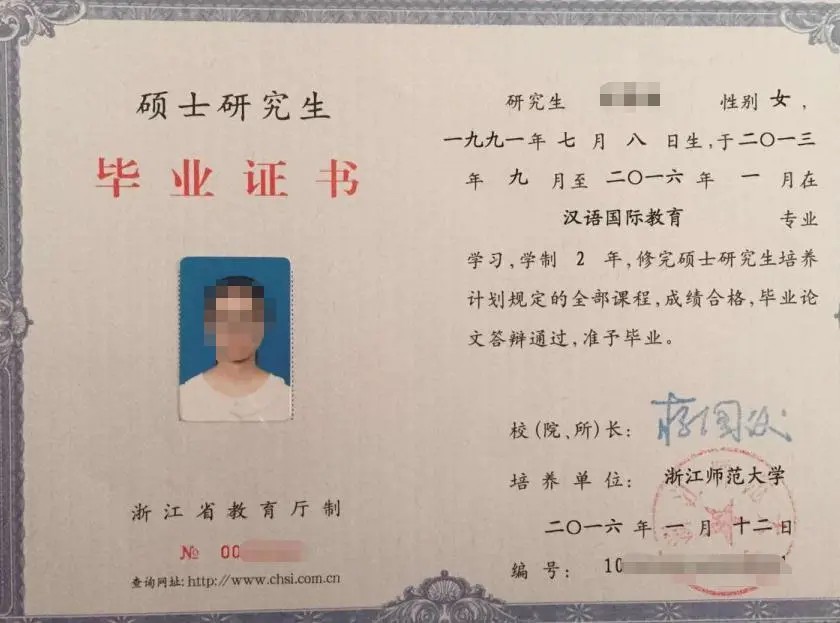 # About us # Founded in 2007 Chinese test and training center 200+ Chinese teachers 5000+ students 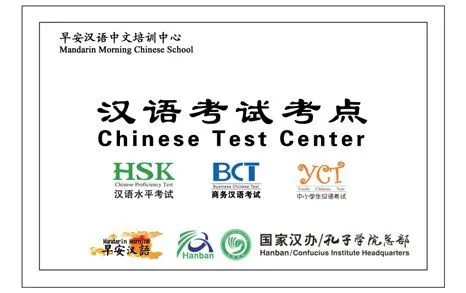 # Contact us# Name:fiona Phone number:021-52287809,13918358891 E-mail:info@mandarinmorning.com www.mandarinmorning.com If you are interested to join Mandarin Morning school or want more details about our services, scan the following QR code. ☟ 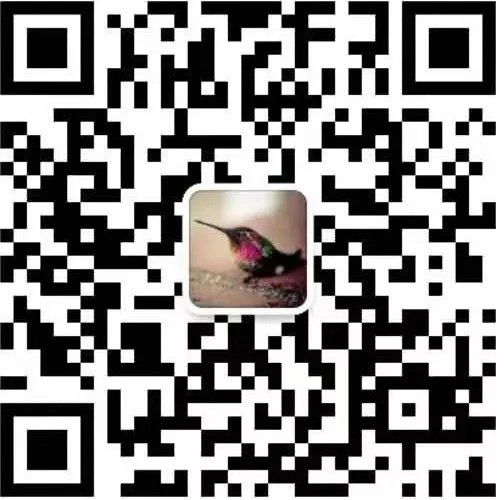 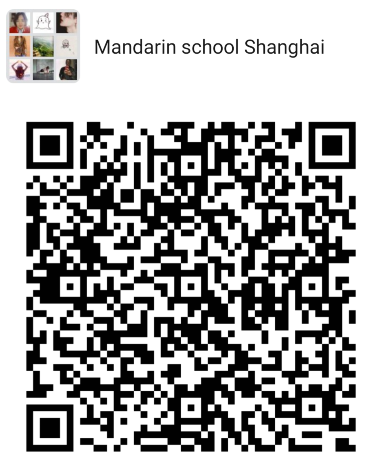 Mandarin Morning Chinese test center attached to Confucius institute headquarters Authorized Test Center and Training Center for International Chinese Language Teacher Certificater 10 years+ ,200 teachers ,more 10000 students,200+companies  |